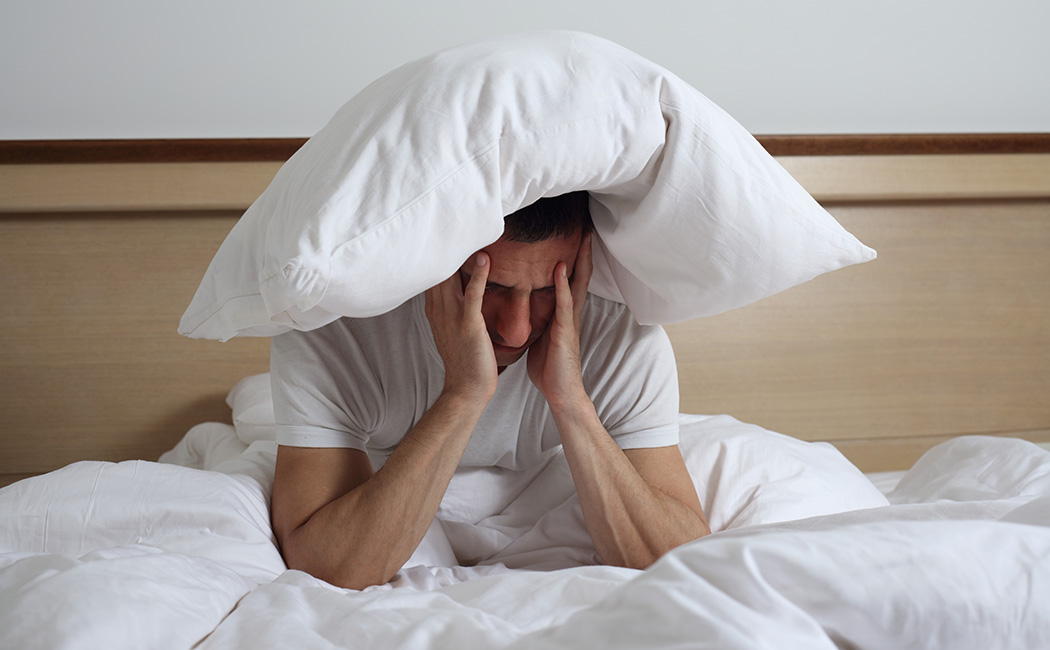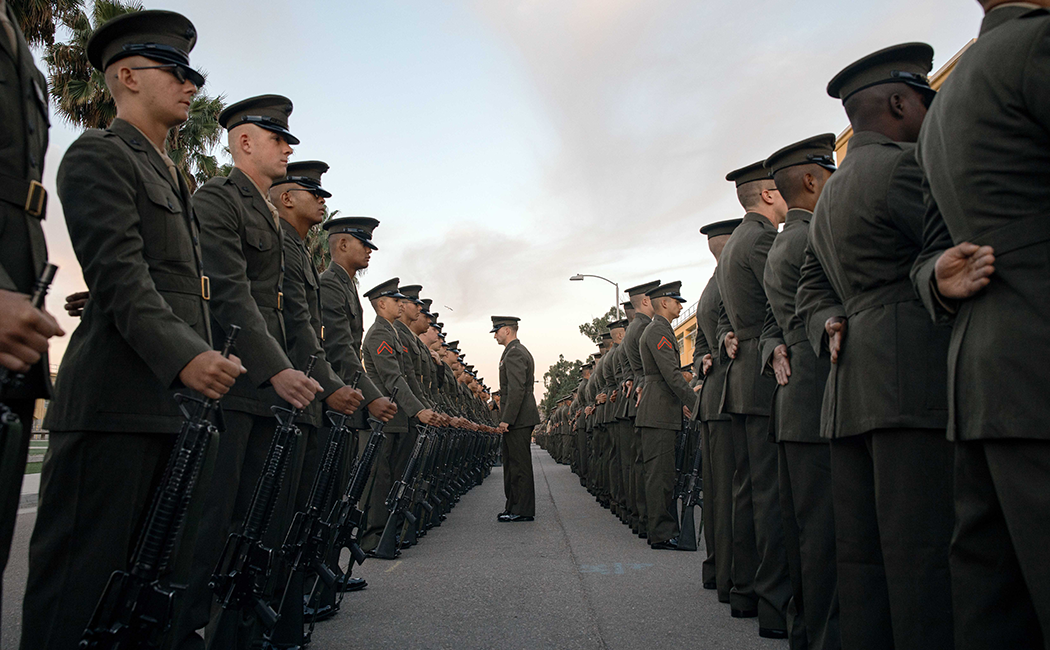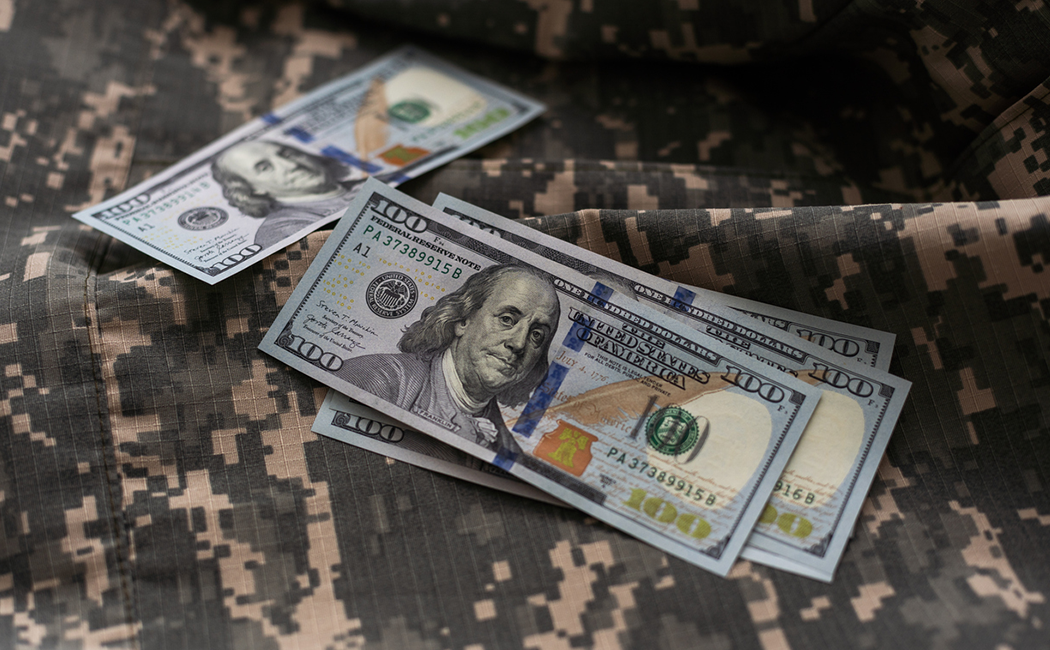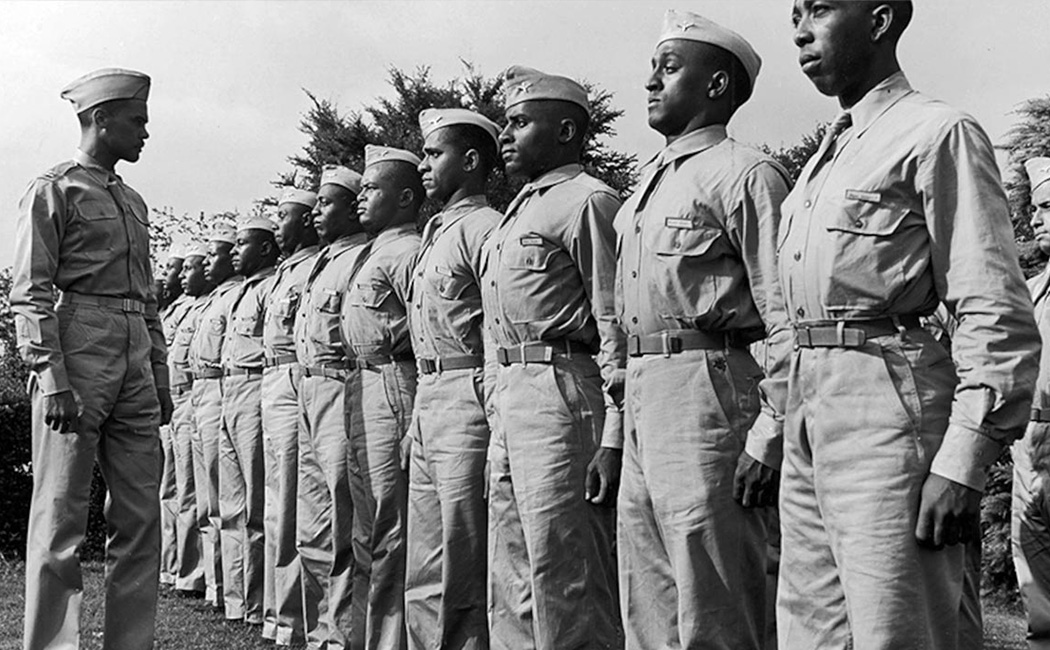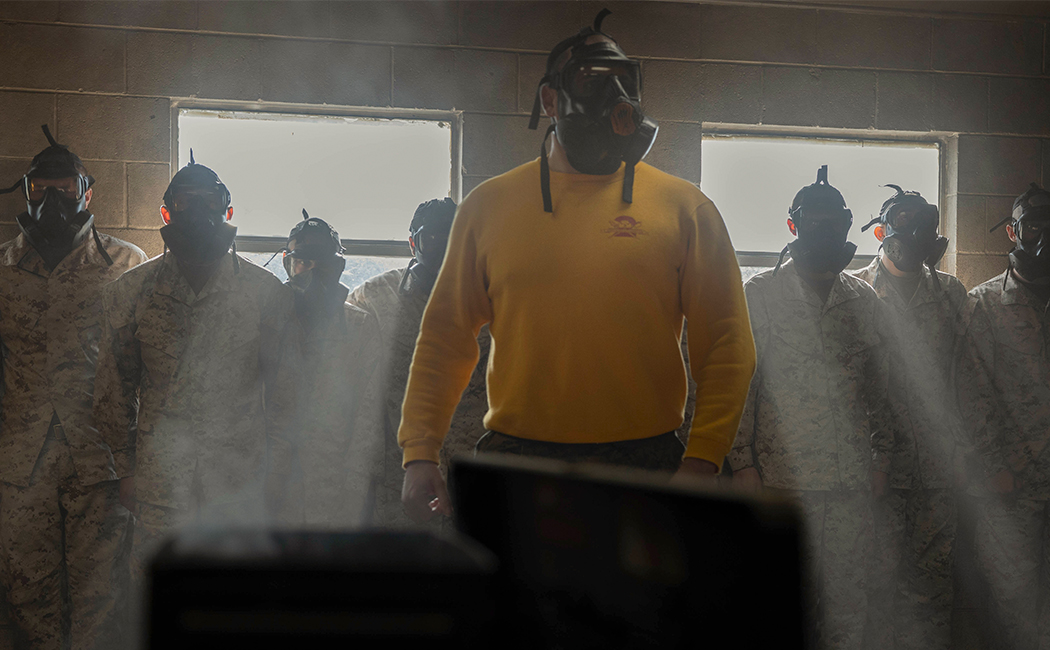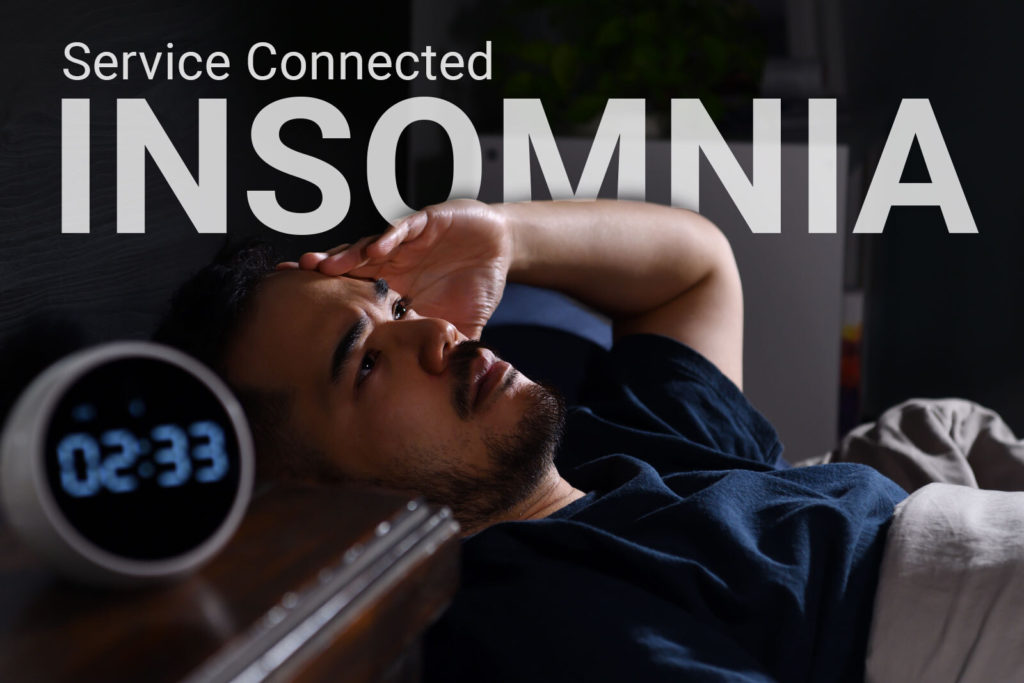
Insomnia in Veterans is not uncommon. According to the National Veteran Sleep Disorder Study, Veterans are especially vulnerable to sleep disorders, with insomnia and sleep apnea being the most prevalent.
What is Insomnia?
The National Institute of Health (NIH) defines insomnia as a common sleep disorder characterized by trouble falling asleep, staying asleep, or getting quality sleep. Veterans can be affected by both short-term and long-term or chronic insomnia. Chronic insomnia occurs three or more nights a week for more than three months and can’t be explained by or viewed as a symptom of another health problem.
Some other common symptoms of insomnia include:
- Low energy
- Fatigue
- Depression
- Irritability
- Impulsiveness
- Aggression
- Cognitive problems
- Difficulty concentrating
Insomnia can interfere with your daily life and work and cause you to feel exhausted during the day. It can affect concentration and memory and even increase your risk of coronary heart disease, high blood pressure, diabetes, and cancer.
Changes to your environment, schedule, or stress can cause insomnia. Your healthcare provider can diagnose insomnia by asking about your sleep habits, having you keep a sleep journal, or having you participate in a sleep study. Treatments for insomnia include changes to your lifestyle habits, keeping a regular sleep schedule, cognitive behavioral therapy, or medication.
Service-Connected Insomnia
It is not uncommon for Veterans to struggle with insomnia. Research suggests that Veterans can have double or triple insomnia rates compared to non-Veterans. Insomnia can stem from many aspects of life in the military, including harsh living conditions and irregular sleep schedules during active-duty service, extreme stress levels, physical and psychological injuries, and difficulty reintegrating into civilian life after deployment.
If you can prove, beyond doubt, that your insomnia is service-connected and not just a bout of sleeplessness then you can file a claim for a VA rating for insomnia and receive disability benefits.
Proving service connection for insomnia means you meet the following criteria:
- Your medical records indicate you have been diagnosed with short-term or long-term insomnia.
- Active-duty service or a secondary service-connected disability caused or made your insomnia worse
- Your symptoms are persistent and recurring and affect your life, work, and social functioning.
VA Rating for Insomnia
Your VA rating for insomnia can be between 0% and 100% depending on the severity of your symptoms and if you can prove the insomnia is service-connected.
You can receive a VA rating for insomnia by undergoing a Compensation and Pensions (C&P) Examination at a VA clinic, claiming insomnia as a secondary service-connected condition, or proving you had insomnia before your active service and it was aggravated by your time in the military.



